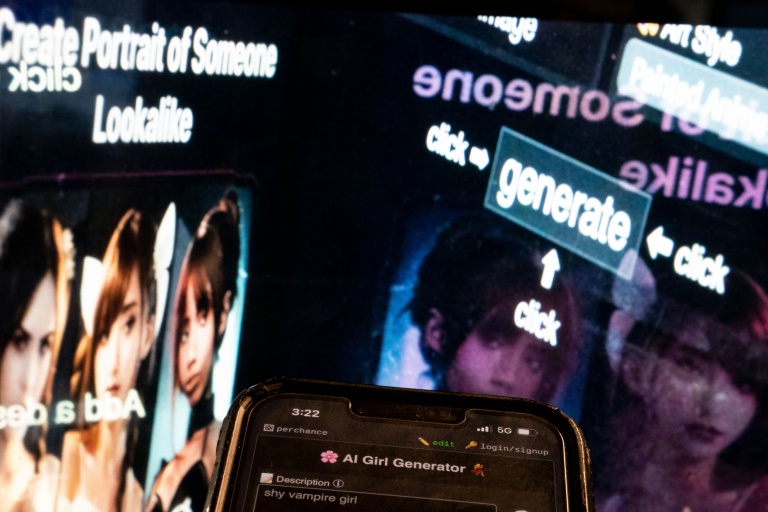South Korea, Britain host AI summit with safety top of agenda

The explosive growth of generative AI has sparked fears about its safety
Seoul – South Korea and Britain kick off a major international summit on artificial intelligence in Seoul this week, where governments plan to press tech firms on AI safety.
The meeting is a follow-up to the inaugural global AI safety summit at Bletchley Park in Britain last year, where dozens of countries voiced their fears to leading AI firms about the risks posed by their tech.
Safety is again on the agenda at the AI Seoul Summit starting Tuesday and representatives are expected from leading AI firms, including ChatGPT maker OpenAI, Google DeepMind, French AI firm Mistral, Microsoft and Anthropic.
“As with any new technology, AI brings new risks, including deliberate misuse from those who mean to do us harm,” South Korean President Yoon Suk Yeol and UK Prime Minister Rishi Sunak said Monday in a joint article.
“However, with new models being released almost every week, we are still learning where these risks may emerge,” they said in the piece, published by the South Korean daily JoongAng Ilbo and Britain’s i newspaper.
The stratospheric success of ChatGPT soon after its 2022 release sparked a gold rush in generative AI, with tech firms around the world pouring billions of dollars into developing their own models.
Generative AI models can generate text, photos, audio and even video from simple prompts, and its proponents have heralded them as a breakthrough that will improve lives and businesses around the world.
But critics, rights activists and governments have warned that they can be misused in a wide variety of situations, including the manipulation of voters through fake news stories or so-called “deepfake” pictures and videos of politicians.
– Dramatic changes –
Many have called for international standards to govern the development and use of AI.
“When we meet with companies at the AI Seoul Summit, we will ask them to do more to show how they assess and respond to risk within their organisations,” Yoon and Sunak wrote.
“We will also take the next steps on shaping the global standards that will avoid a race to the bottom.”
The Seoul summit comes days after OpenAI confirmed that it had disbanded a team devoted to mitigating the long-term dangers of advanced AI.
The two-day summit will be partly virtual, with a mix of closed-door sessions and some open to the public in Seoul.
However, a group of six South Korean civil society organisations, including the prominent Peoples Solidarity for Participatory Democracy, criticised the summit’s organisers for not including more developing nations.
“It would be beneficial to discuss international norms for AI in a more open forum where all countries and diverse stakeholders from around the world can participate equally, rather than in an elite club of a few developed countries,” they said in a joint statement on Monday.
In addition to safety, the summit will discuss how governments can help spur innovation, including into AI research at universities.
Participants will also consider ways to ensure the technology is open to all and can aid in tackling issues such as climate change and poverty.
“It is just six months since world leaders met at Bletchley, but even in this short space of time, the landscape of AI has changed dramatically,” Yoon and Sunak said.
“The pace of change will only continue to accelerate, so our work must accelerate too.”
France will host the next AI safety summit.
